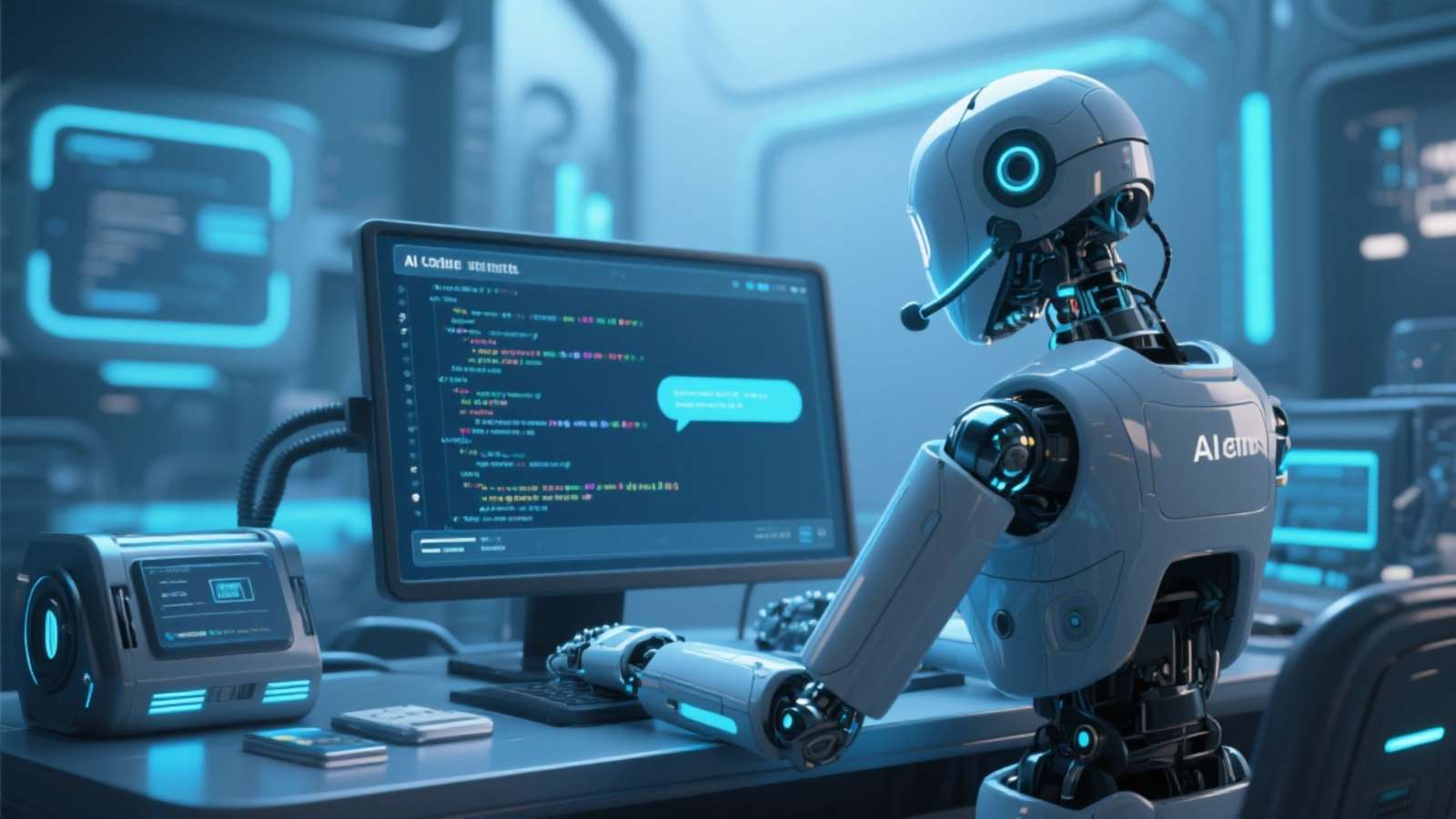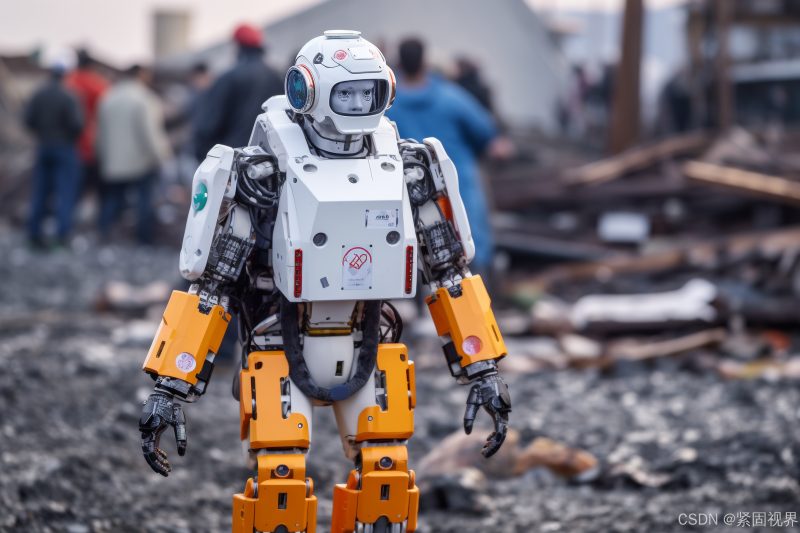The rise of AI and automation is reshaping labor markets at an accelerating pace. Recent surveys and workforce forecasts suggest a striking bifurcation: clerical, routine roles are shrinking rapidly, while data-, AI- and security-related positions are expanding fast. For anyone about to enter the job market or considering entrepreneurship, understanding which occupations are most vulnerable and which are most in demand is now essential.

Between 2025 and 2030, the largest declines are expected to occur among clerical and routine administrative roles. Postal service clerks could see an estimated drop of around 40%, bank tellers about 35%, and data-entry clerks roughly 34%. These functions are highly automatable because they rely on repetitive patterns, rule-based processing, and predictable interactions—exactly the kinds of tasks that Robotic Process Automation (RPA), OCR, and AI-driven document processing excel at. As businesses digitize more workflows and adopt intelligent automation, headcount for these tasks naturally contracts.
On the flip side, roles tied to data, AI development, and cyber resilience are projected to grow dramatically. Big data specialists are forecast to be among the fastest-growing occupations—potentially increasing by roughly 110% by 2030. Financial technology engineers could grow near 95%, while AI and machine learning experts may rise by around 85%. Software and application developers remain crucial, with projected growth near 60%. Cybersecurity-oriented roles—security managers and information security analysts—are also in high demand, with forecasts suggesting increases of 55% and 40% respectively.
World’s Fastest-Disappearing Jobs
Net Job Demand Change 2025–2030
Job list (Net change)
– Postal service workers: -40%
– Bank tellers: -35%
– Data entry clerks: -34%
– Cashiers and ticket clerks: -30%
– Administrative assistants and executive secretaries: -28%
– Printing and related industry workers: -26%
– Accountants and financial clerks: -24%
– Materials recording and inventory clerks: -22%
– Transportation service workers: -21%
– Street vendors: -20%
– Graphic designers: -20%
– Claims adjusters and examiners: -19%
– Legal officers / legal staff: -18%
– Legal secretaries: -17%
– Telephone salespersons: -16%
Reason
Due to the rise of AI, robotics, and autonomous systems, these jobs are projected to decline.
Source
“2025 Employment Outlook Report,” World Economic Forum. The Future of Jobs survey included responses from 1,043 unique global companies representing more than 14.1 million employees worldwide.
What do these shifts mean for jobseekers and those contemplating startups? First, the principle of comparative advantage still applies: the safest positions will be those that leverage human strengths AI struggles to replicate easily—strategic judgment, deep cross-domain expertise, complex interpersonal coordination, and roles that require moral reasoning or physical presence in unstable environments. But above all, adaptability and the right skill mix will determine employability.
For liberal arts or “liberal arts” graduates worried about vulnerability, there are practical pathways rather than fatalism. Humanities graduates often bring critical thinking, communication, ethical reasoning, and cultural literacy—skills that can be retooled to complement technical capabilities. Concrete options include product management (where storytelling and stakeholder alignment matter), UX and service design (human-centered research and synthesis), content strategy combined with SEO/data analytics, policy and regulation roles around AI governance, and roles in education, mental health services, or community-focused work where human empathy is central. Pairing domain expertise with data literacy—basic statistics, spreadsheet fluency, and familiarity with data visualization tools—can transform perceived weaknesses into marketable strengths.
Skill development should be strategic. Core technical competencies with broad applicability include software development fundamentals, SQL and data querying, cloud platforms, and familiarity with AI tools (prompt engineering, model evaluation, and fine-tuning basics). Cybersecurity fundamentals are increasingly valuable across sectors. Equally important are so-called soft skills: creative problem solving, persuasive communication, negotiation, and cross-cultural collaboration. Employers increasingly prize workers who can orchestrate AI capabilities—crafting prompts, validating outputs, and integrating systems—rather than compete directly with them.
Entrepreneurship remains a viable route, especially for niche, human-centered services. Opportunities include AI-augmented consulting (industry-specific process redesign), verticalized SaaS products that embed domain constraints, curated content and community platforms, education and upskilling services, telehealth and care economy innovations, and cybersecurity tools tailored for SMEs. Startups that combine automation to lower costs with a differentiated human touch tend to find sustainable niches.
Organizations and policymakers also play a crucial role. Companies should invest in internal reskilling programs, job redesign that pairs employees with automation, and clear transition pathways. Governments and institutions must expand public training, provide portable credentials, and consider social safety nets to smooth transitions. Finally, incentivizing sectors likely to generate human-centric employment—healthcare, elder care, education, renewable energy, and infrastructure—can help rebalance labor demand.
In short, the next five years will likely be a period of sharp realignment rather than uniform job annihilation. Clerical and routine roles face steep declines, while data science, AI engineering, software development, and cybersecurity are set to surge. For individuals, the recipe is clear: develop complementary technical skills, strengthen human-centered capabilities, and remain adaptable. For entrepreneurs, look for ways to combine automation’s efficiency with services that require trust, context, and empathy. With proactive planning and continuous learning, workers and founders can navigate the AI transition and find opportunities even amid the disruption.















暂无评论内容